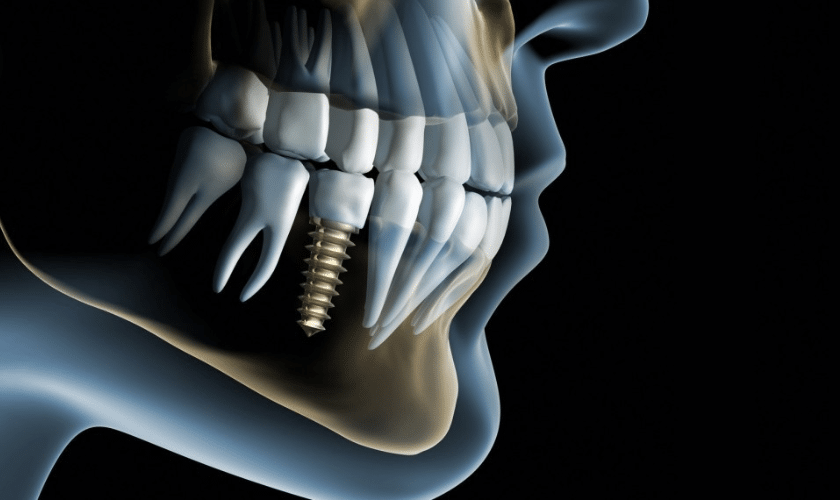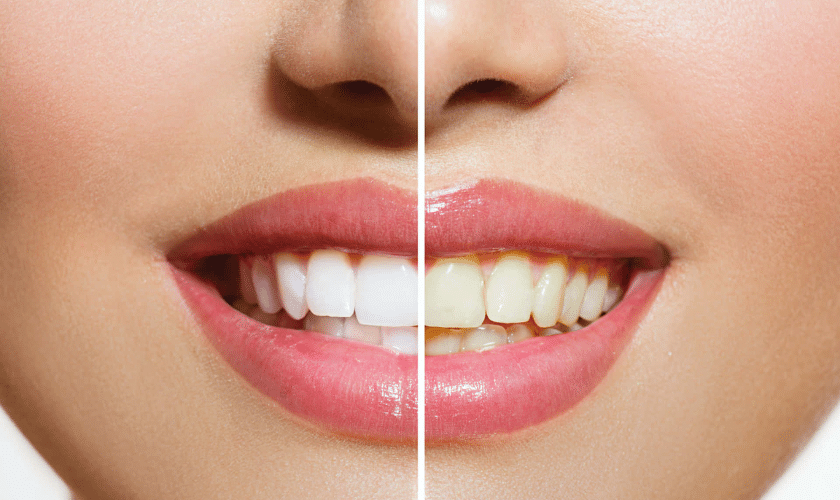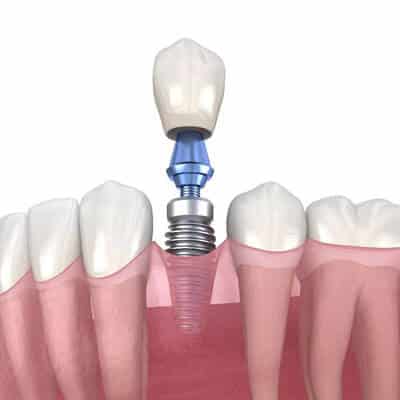
When it comes to dental health, every tooth plays a vital role, but molars are particularly important due to their crucial functions. In this comprehensive guide, we’ll delve into the significance of molars, the potential consequences of missing them, and why dental implants could be the optimal solution for restoring your smile and oral function.
Why Molars Matter: Understanding Their Crucial Role
Molars are often referred to as the powerhouse of chewing. Their sturdy structure and multiple cusps make them adept at grinding and breaking down food particles, aiding in efficient digestion.
The Powerhouse Of Chewing
Molars are designed to withstand the significant forces exerted during chewing, making them essential for proper mastication and digestion.
Grinding Champions
These teeth are also adept at grinding tough or fibrous foods, ensuring thorough breakdown before swallowing.
Force Distribution Dynamos
Molars help distribute the forces generated during chewing evenly across the jaw, reducing strain on individual teeth and the surrounding tissues.
Beyond Chewing: The Multifaceted Molar
Speech Supporters:
Molars play a role in speech articulation, assisting in the formation of certain sounds and phonetics.
Facial Structure Stabilizers:
They contribute to maintaining the shape and stability of the facial structure, supporting the cheeks and lips.
Missing Molar? The Impact And Potential Consequences
The absence of one or more molars can lead to various challenges and consequences that affect both oral health and overall well-being.
Chewing Difficulties
Missing molars can make chewing difficult, leading to inefficient food breakdown and potential digestive issues.
Reduced Grinding Power
Grinding efficiency is compromised, impacting the breakdown of tough or fibrous foods.
Uneven Chewing
The absence of molars can result in uneven chewing patterns, leading to strain on other teeth and jaw joints.
Food Avoidance
Patients may avoid certain foods due to chewing difficulties, potentially limiting their diet and nutritional intake.
Digestive Issues
Poorly chewed food may lead to digestive discomfort and inadequate nutrient absorption.
Jawbone Deterioration
Bone Loss
Losing a molar can contribute to jawbone deterioration over time, compromising facial structure and oral health.
Facial Structure Changes
Bone loss may cause changes in facial appearance, such as sunken cheeks or a collapsed jawline.
Shifting Teeth
Adjacent teeth may shift or tilt into the space left by the missing molar, leading to misalignment and bite issues.
Domino Effect
Misalignment and bite problems can create a domino effect, impacting overall dental health and function.
Dental Implants A Boon For Missing Molars
Dental implants offer a reliable and long-term solution for replacing missing molars, addressing the functional and aesthetic concerns associated with tooth loss.
Restored Bite And Chewing Power
Implants function and feel like natural teeth, restoring bite strength and chewing efficiency.
Enhanced Jawbone Health
Implants stimulate the jawbone, preventing bone loss and preserving facial structure.
Natural Aesthetics And Confidence Boost
Implants blend seamlessly with natural teeth, enhancing smile aesthetics and restoring confidence.
Improved Speech Clarity
Implants support proper speech articulation, ensuring clear and precise communication.
A Long-Term Investment In Oral Health
Implants are durable and can last a lifetime with proper care, making them a valuable investment in long-term oral health and well-being.
Are You A Candidate For Molar Implants?
General health:
Candidates for dental implants should be in good overall health, with no uncontrolled medical conditions that could compromise healing.
Medical history:
A thorough medical history assessment is essential to identify any factors that may affect implant success, such as previous radiation therapy or certain medications.
Bone density:
Adequate jawbone density is necessary to support the implant securely. In cases of bone loss, bone grafting procedures may be required to augment bone volume.
Bone loss:
Patients with existing jawbone loss may still be candidates for implants with the appropriate bone augmentation procedures.
Healthy gums:
Healthy gum tissue is crucial for implant success. Patients with gum disease may require treatment before implant placement.
Smoking:
Smoking can impair healing and increase the risk of implant failure. Smokers may need to quit or significantly reduce smoking to improve implant success rates.
if you’re experiencing the challenges of missing molars, dental implants offer a reliable solution for restoring your smile and oral function. To determine if you’re a candidate for molar implants and explore your treatment options, we invite you to schedule a consultation with our experienced dental team. Your journey to a complete and healthy smile starts here.










